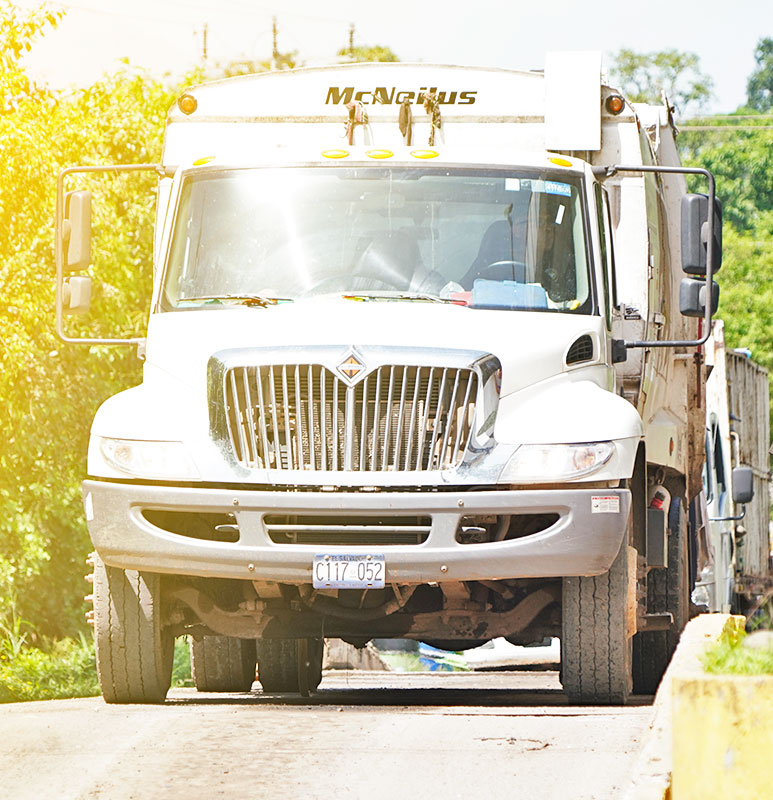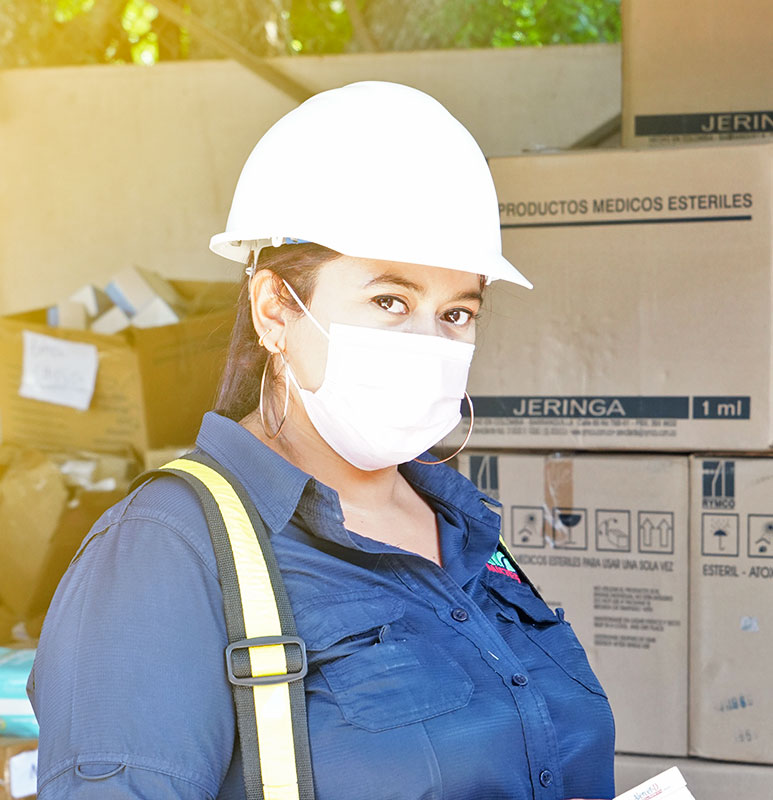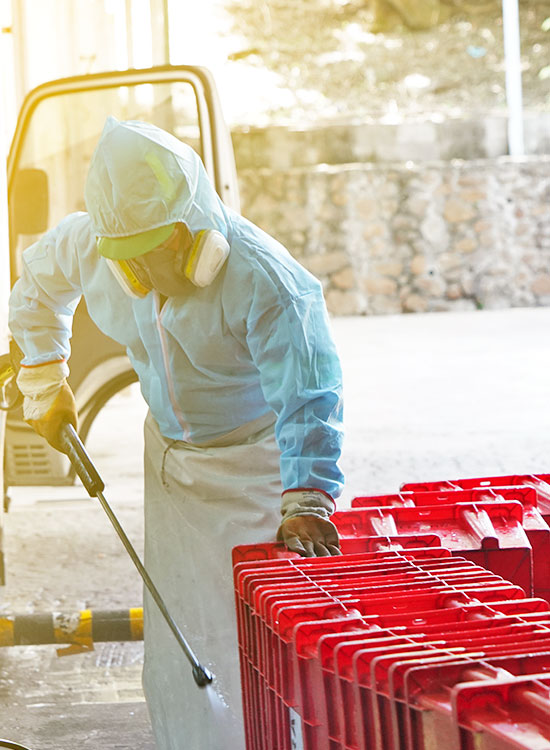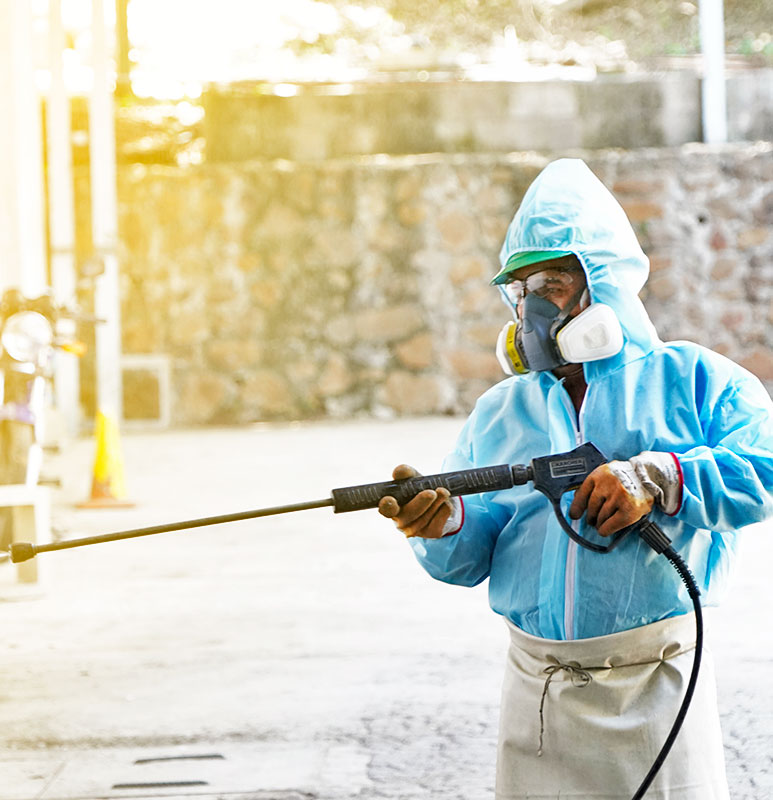Disposal of waste
At MIDES we treat more than 2,000 tons of daily waste, coming from city halls, hospitals, health units, medical centers, laboratories, clinics and private companies, among others.
When the waste is disposed of in the sanitary landfill, it is spread, compacted and covered with clay on a daily basis.
The liquids resulting from organic waste are called: Leachate. These are sent to oxidation ponds, by means of the collection system installed at the bottom of the cells, to later be recirculated, by means of sprinklers. In this way, the Sanitary Landfill becomes a biodigester due to the hydraulic seal, a product of leachate spraying on the clay. covering treated solid waste. This maximizes biogas production.







